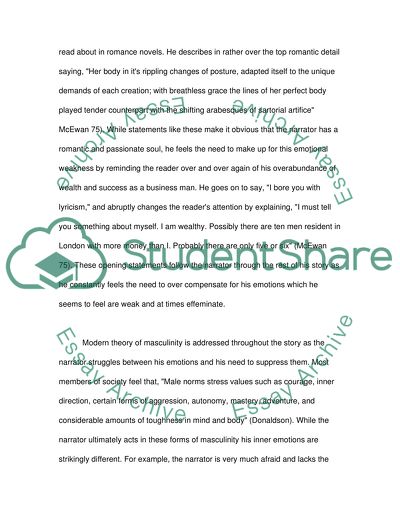Cite this document
(“Ian McEwan's Dead as They Come Book Report/Review”, n.d.)
Retrieved from https://studentshare.org/literature/1501341-ian-mcewans-dead-as-they-come
Retrieved from https://studentshare.org/literature/1501341-ian-mcewans-dead-as-they-come
(Ian McEwan'S Dead As They Come Book Report/Review)
https://studentshare.org/literature/1501341-ian-mcewans-dead-as-they-come.
https://studentshare.org/literature/1501341-ian-mcewans-dead-as-they-come.
“Ian McEwan'S Dead As They Come Book Report/Review”, n.d. https://studentshare.org/literature/1501341-ian-mcewans-dead-as-they-come.


